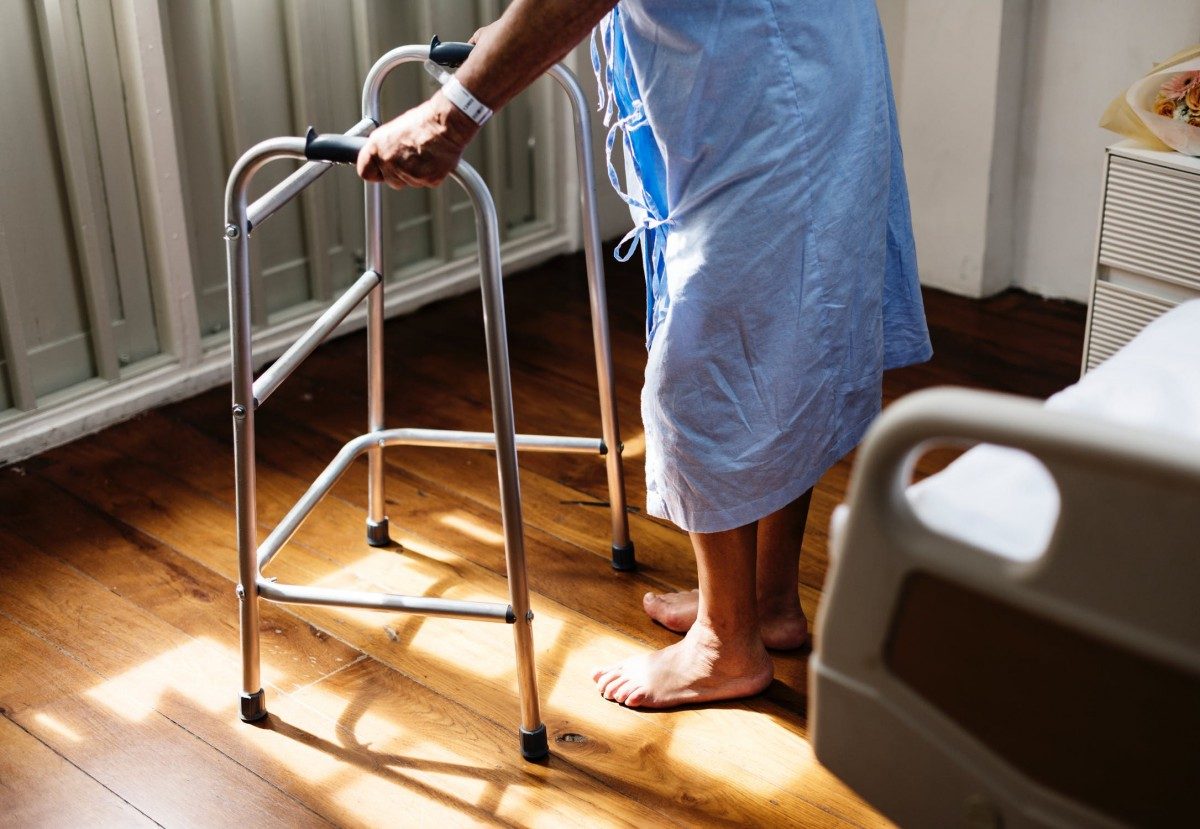
U of M study envisions online ‘report card’ for personal care homes
A new study from the University of Manitoba gives the province strategies for developing a “report card” website to help the public evaluate personal care homes.
The online tool should help Manitobans compare personal care homes (also known as nursing homes) on the basis of medical indicators that can be measured regularly and improved – for example, the prevalence of bed sores, urinary tract infections, self-reported moderate to severe pain, inadequate oral care and untreated depression, the study by the U of M’s Manitoba Centre for Health Policy recommends.
The website should also inform the public about social care – what daily life is like at each care home – because residents’ well-being depends in part on how much the facility feels like home.
Information such as how mealtimes, food options and laundry are handled, how the facility is staffed and laid out, whether the facility has a religious or cultural affiliation and what recreational activities are offered should be clearly provided, says the study, titled Strategies for Developing a Personal Care Home Report Card in Manitoba.
Survey data showing how satisfied residents and their families are should also be included, the study says.
“Everyone agrees that residents of personal care homes should receive the best care possible,” said the study’s lead author, Dr. Malcolm Doupe, associate professor of community health sciences at the Max Rady College of Medicine in the U of M’s Rady Faculty of Health Sciences.
“But how should we measure personal care homes’ quality in a way that is fair, appropriate and consistent? Manitoba Health asked our research team to help determine the most useful criteria, and to recommend how this information should be transparently shared with the public and care providers.”
Personal care homes house people – mainly seniors – who can no longer live on their own, but don’t require the level of care provided in a hospital. There are about 40 of these facilities in Winnipeg, such as Deer Lodge Centre, Tuxedo Villa and Middlechurch Home of Winnipeg. All personal care homes in Manitoba are licensed and undergo regular review by Manitoba Health.
“Decisions about choosing a personal care home are often made when families are under pressure and feeling very stressed,” said Doupe, an expert on health services for the aging population. “An online report card is a decision-making tool that can help relieve stress by providing timely and critical information.”
The researchers surveyed experts, including executive directors of Manitoba personal care homes and doctors and nurses who work there, in order to reach a consensus on 12 medical indicators that all agreed could be used as criteria for assessing personal care homes.
Besides the five indicators mentioned above, the list includes the prevalence of: dehydration, fecal impaction, daily physical restraints, use of anti-psychotic medication without psychosis, use of hypnotic medication more than two days per week, incontinence without a toileting plan and use of potentially inappropriate drugs.
Doupe and his team also reviewed published studies of how best to evaluate personal care homes. This helped them make recommendations on social indicators of quality, such as private rooms, flexible mealtimes and leisure activities, for the proposed report card.
The researchers looked at online personal care home report cards that exist in jurisdictions such as Alberta, British Columbia, New Brunswick and Ontario, as well as 23 U.S. states.
“The report card websites varied dramatically, from excellent ones that are comprehensive and user-friendly to many that are incomplete and difficult to understand,” Doupe said.
“One strong message we have for Manitoba Health is that Manitobans need a website with information that is clear and easy to grasp for everyone.”
The full study is available online.






